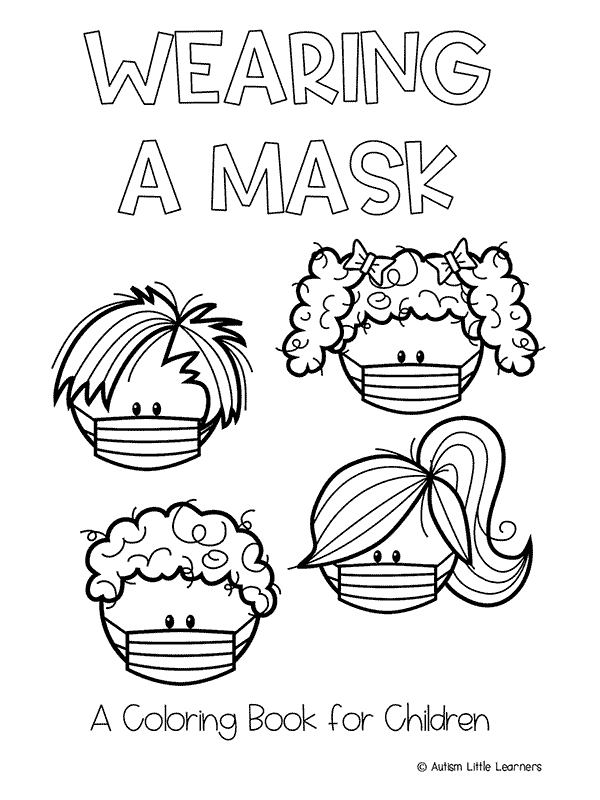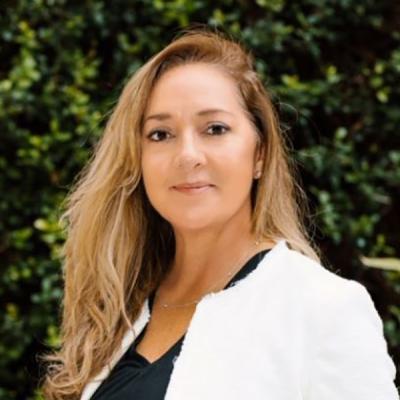Caring for your kids with special health care concerns
Our expert this week is Lucy Schrack, the Inclusion Manager at the Early Learning Coalition of Miami-Dade/Monroe, where she leads a team of specialists whose main goal is to help all children learn to the best of their abilities, provide teachers with tools, support parents, and assist child care providers in promoting inclusion and a sense of belonging for all children. Lucy will share some wisdom for parents of children with special health care concerns to help in this unusual time.
At a Glance
Kids with special health care concerns still need routine care. But how they get it may be a challenge during this COVID-19 pandemic. Many routine visits may be canceled, and most are probably done over the phone or through telehealth. It is also hard for parents to adjust to the new schedule. Here are some helpful tips to get you through this crisis:
Parents, You Can’t Pour From an Empty Cup, So Take Care of Your Needs, Too
We can’t do anything for our children if we are drained, burnt-out, and frustrated. It may be difficult to imagine, but one of the most giving things we can do for our children is make sure we are feeling good. That will help us be the best parents for them.
Here are a few tips to help parents stay calm and happy through COVID-19:
- Know what you can control and what you can’t.
- Create a realistic daily routine.
- Practice mindfulness, guided meditation, and yoga or some type of gentle “flow” movement activity.
- Get a walk outside if you can and keep a safe distance from others.
- Stay in touch with your child’s care team to get support.
- Be easy on yourself. Do your best to manage what you can and think positive. Things will get better.
- If you feel stressed, reach out to a friend or family member for support and share how you’re feeling. A phone call or a video visit can go a long way!
Keeping Kids Healthy
Our kids with special health care concerns still need regular check ups and appointments. Be sure you keep talking to the kids about COVID. Masks can be scary to kids with disabilities who already don’t like to wear things on their face. Doctors are asking little kids and little kids with disabilities to wear masks. If they practice at home as they are playing and the parent wear masks too, they will be ready when they go into their appointments.
Here are a few tips to help you keep your children healthy through COVID-19:
- Talk to your health care provider about whether you should take your child to their planned health care visit. Most doctor’s offices are using telehealth. Call the office to find out.
- Some in-person visits might be needed. If so, talk to the office about how they are keeping kids and families safe.
- When you arrive for a doctor’s appointment, the medical staff will likely be wearing masks. You and your child will also need to wear them and practice physical distancing.
- Practice wearing the mask with your child at home before going out and let your child know they are safe. Also let them know that most other people will be wearing masks too, and there is no reason to be scared.
- Keep giving your child all their regular daily medicines unless your care team tells you otherwise.
- The best way to keep kids healthy is to continue their regular health care routine.
- Keep at least one month of medicine and other needed supplies in your medicine cabinet.
- Refill prescriptions before they run out.
- If you had home health care providers caring for your child, talk to your care team about continuing this important service. Make sure the providers wear a mask and wash their hands for at least 20 seconds when they arrive.
For more support and activities you can do with your child at home, call your local Early Coalition’s Warm-Line.
You can print out this coloring book about wearing a mask to get your child comfortable with it below.

About the Author

Lucy Schrack graduated from Florida State University with a Bachelors in Elementary Education and went on to receive her Masters in Early Childhood Special Education from the University of Miami. She has worked as an Elementary and Special Education teacher for over 25 years in Miami-Dade County and The Bahamas. She is currently the Inclusion Manager at the Early Learning Coalition of Miami-Dade/Monroe where she leads a team of specialists whose main goal is to help all children learn to the best of their abilities, provide teachers with the necessary tools for them to succeed in school, support, guide, and advocate for parents and to assist child care providers learn strategies that promote inclusion and a sense of belonging for all children. She is the Chair of the Young Children with Special Needs and Disabilities Council, a council that the community instinctively turns to for advocacy, resources, information and support for families with young children with special needs.
Lucy’s passion for her work with children, teachers, and families supports her goal of sharing research-based, “cutting-edge” information with teachers and caregivers while at the same time honoring them for what they do and, most importantly, who they are!